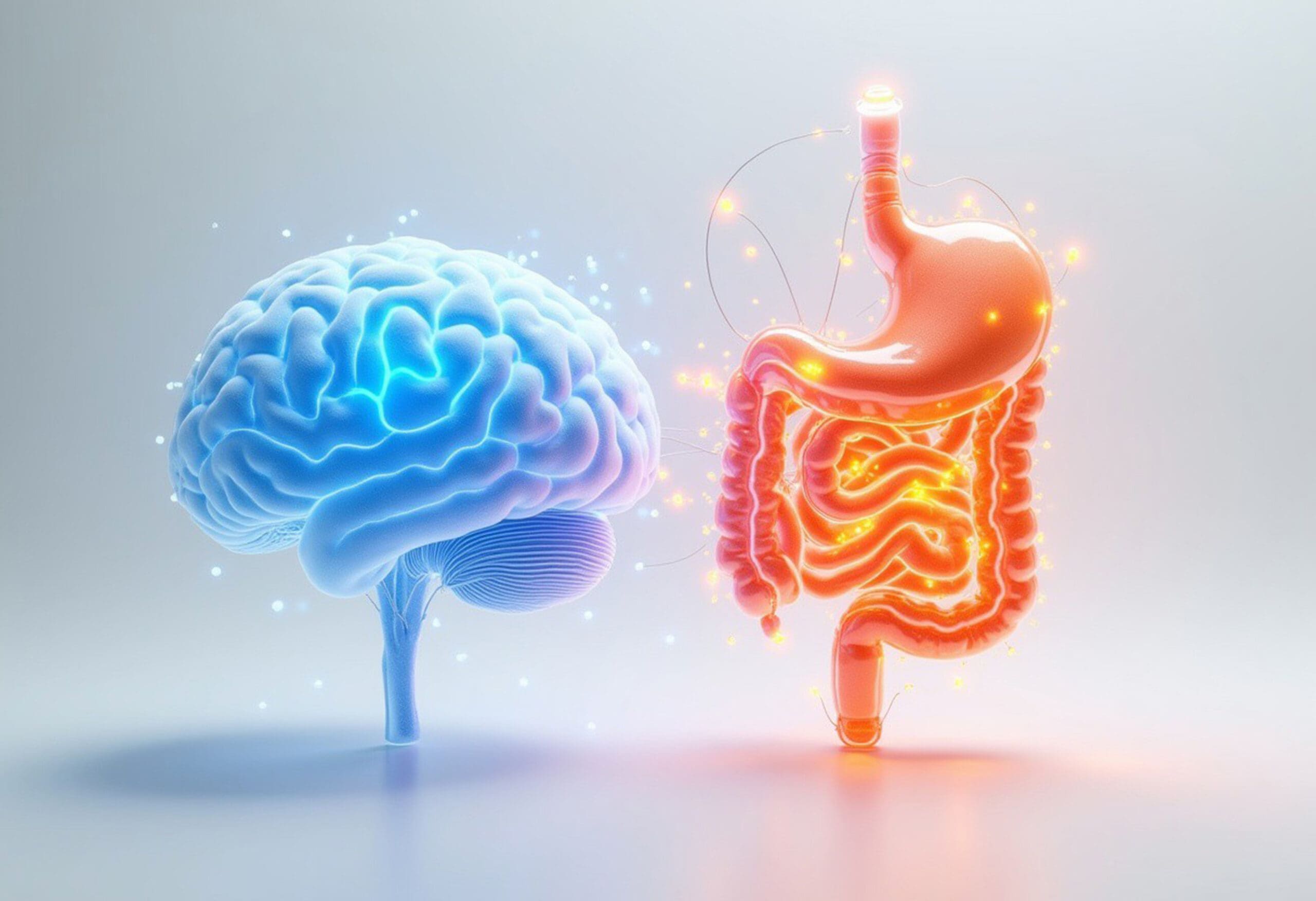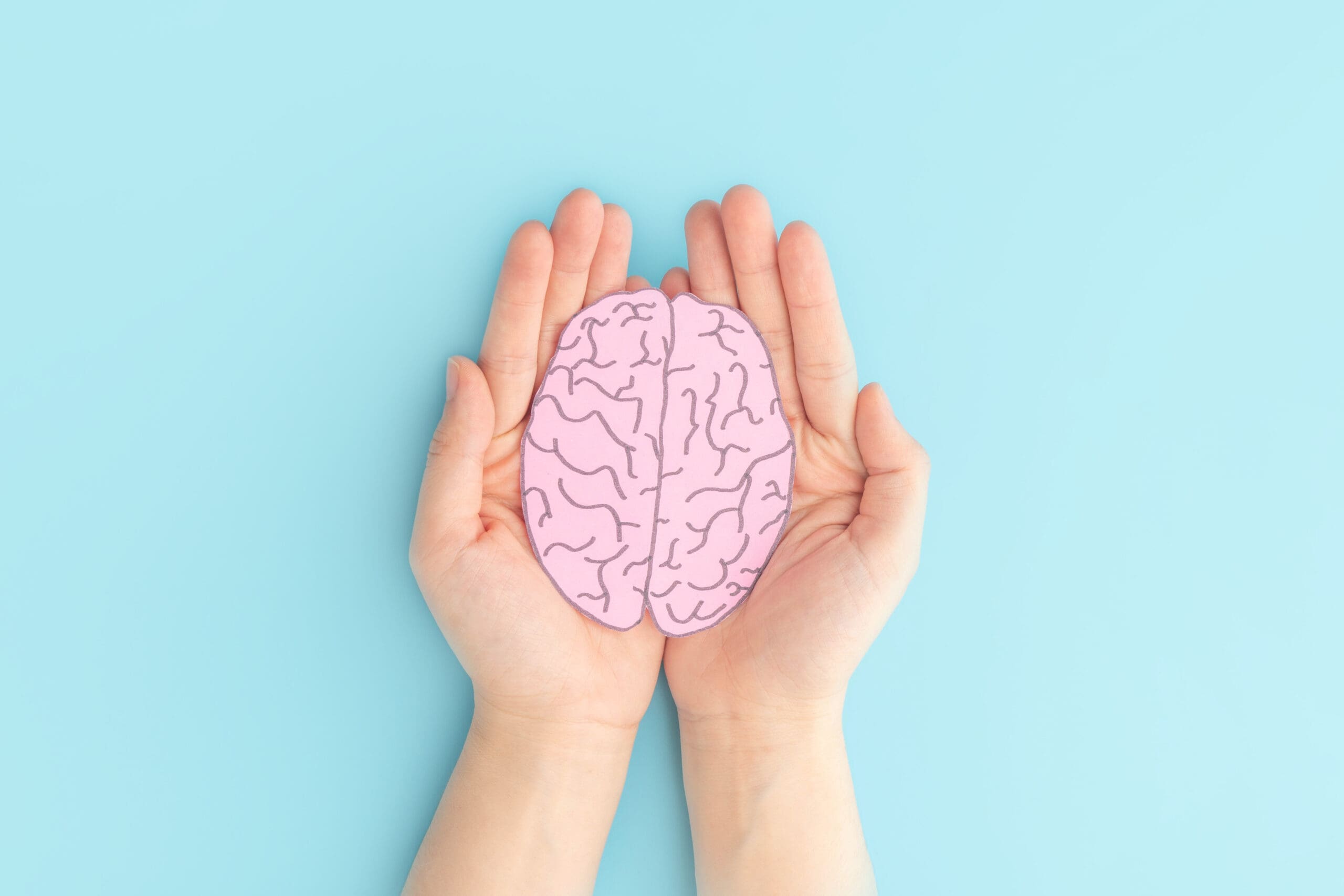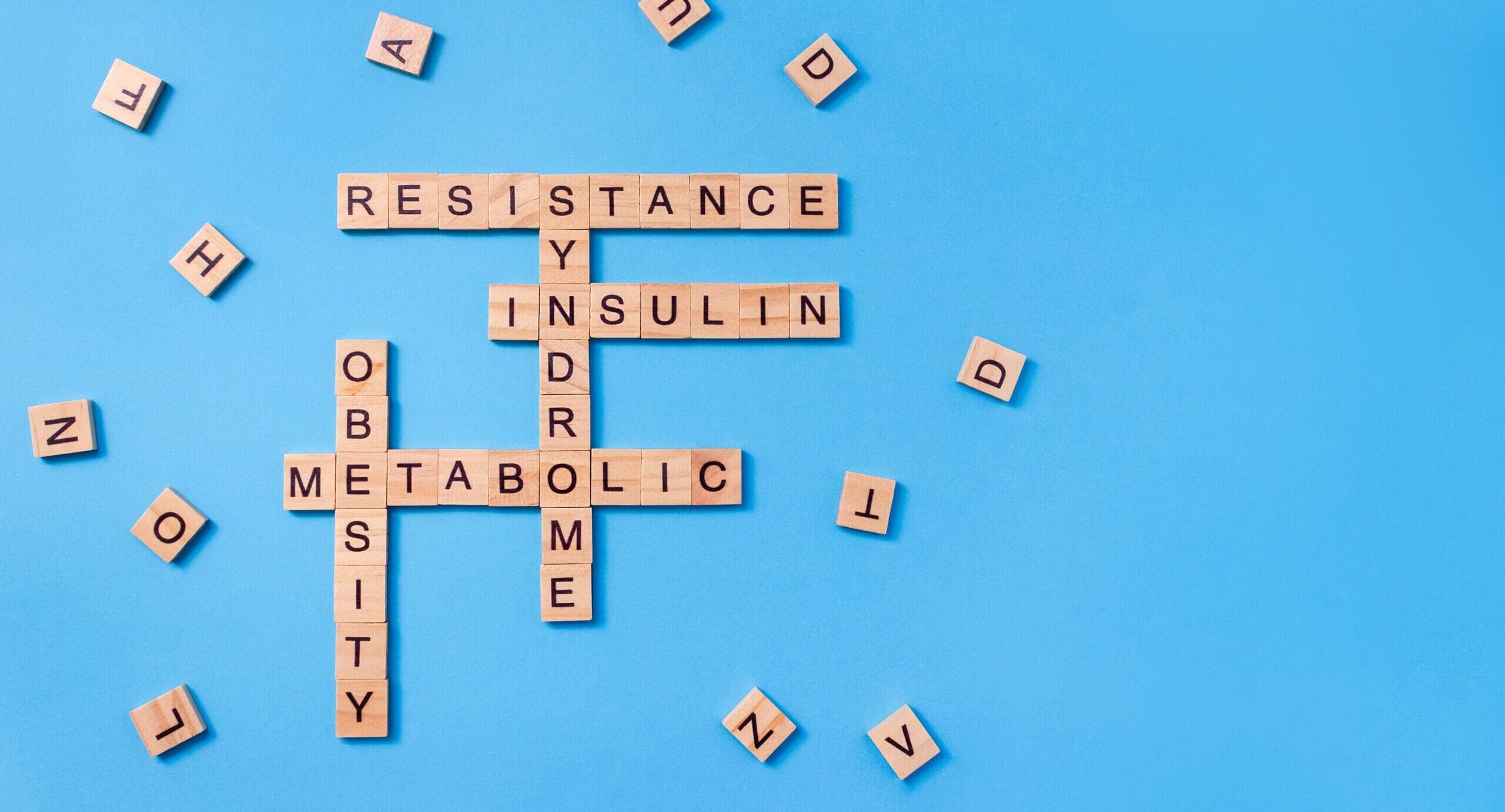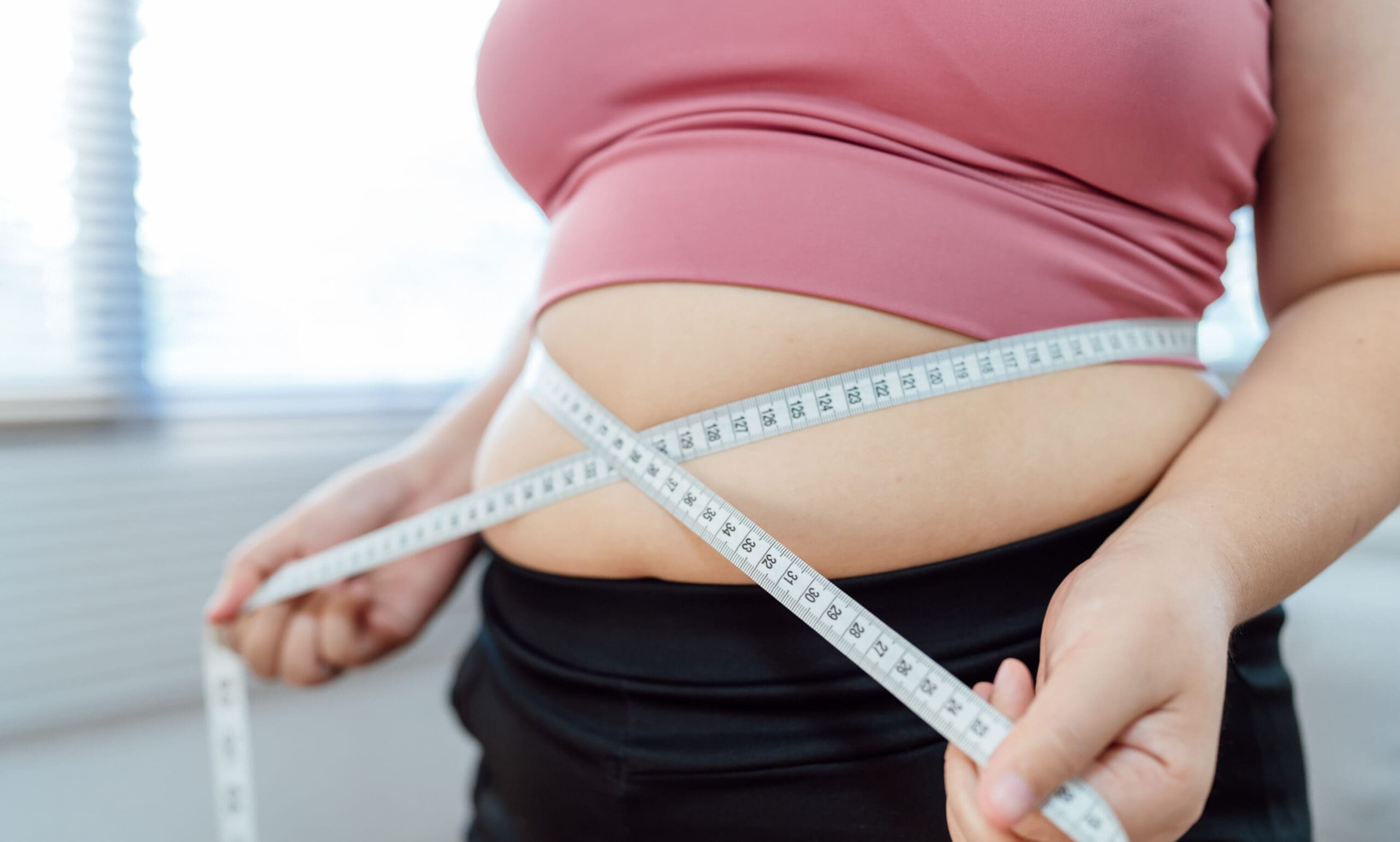The effects of stress and trying to conceive
Stress can have a big impact on your chances of falling pregnant, and is the factor most likely to affect a woman’s menstrual cycle. Stress can inhibit functioning of the hypothalamus – the part of the brain that controls your appetite and emotions, as well as the hormones that signal your ovaries to release eggs. If you’re feeling stressed it may cause you to ovulate later in your cycle or not at all. If ovulation doesn’t occur, there will be no egg for sperm to fertilise.
It is easy to become stressed when you have been trying to conceive for an extended period of time. Here are a few tips to ease your mind:

Soak up some vitamin D
Low vitamin D levels have been linked to depression and anxiety so it is essential to make sure you’re making enough of this powerful hormone. Find something fun to do with your partner, whether it be hiking, going for a bike ride, playing tennis or a relaxing picnic in the park. This will not only ensure you’re getting adequate sunshine, but participating in exercise will also cause your body to release endorphins which has a positive effect on your mood.

Take a break
If attempting to conceive has begun to take over your life, perhaps you would benefit from putting it on hold for a bit. After discussing it with your partner you may decide to put your excess energy into doing something to take your mind off things. Maybe you could try yoga, plan a weekend getaway or cross some things off your to-do list. Taking a step back to clear your mind can have a positive effect on many couples.

Have some R & R
Life gets busy, but it’s important to fit in some rest and relaxation. This is especially relevant if you are feeling stressed due to work, family or friends. If there is a certain person/s that is giving you grief it is best to try and minimise contact where possible. If you find this is easier said than done, it is a lot easier to deal with these situations if you can find ways to remain calm and relaxed. Perhaps there is a daily mantra you can say to yourself to maintain a calm exterior. Everyone has different ways of relaxing such as reading a book, listening to music, or meditating. Whatever activity you choose, make sure you put aside some time each day to do this.

Try to avoid information overload
Although it is good to be well informed of information relating to preconception, it is easy to become obsessive which can eventually lead to further anxiety. If you feel you might be becoming compulsive, perhaps it is time to take a break from reading so much information.

Nutrition
Although living a healthy lifestyle is essential for everyone, it is even more critical during preconception, pregnancy and postpartum. It is important to make sure you are obtaining vital nutrients such as folate and B vitamins to optimise your chances of falling pregnant and to maintain a healthy pregnancy. Your diet should consist of fresh fruits and vegetables, good protein sources, good fats, nuts and seeds. It is important to reduce your intake of refined carbohydrates, sugar and processed foods. Eating a balanced diet will support your body to combat stress. A powerful mineral worth mentioning is magnesium. Magnesium is essential for hundreds of chemical reactions that take place in the body every second. Being deficient in magnesium causes our bodies to be more sensitive to getting stressed, or if you are chronically stressed you can quickly become magnesium deficient.
For more information on how to maximise your chances of conception, check out Dr Cabot’s book ‘Infertility: the hidden causes’.









Leave A Comment